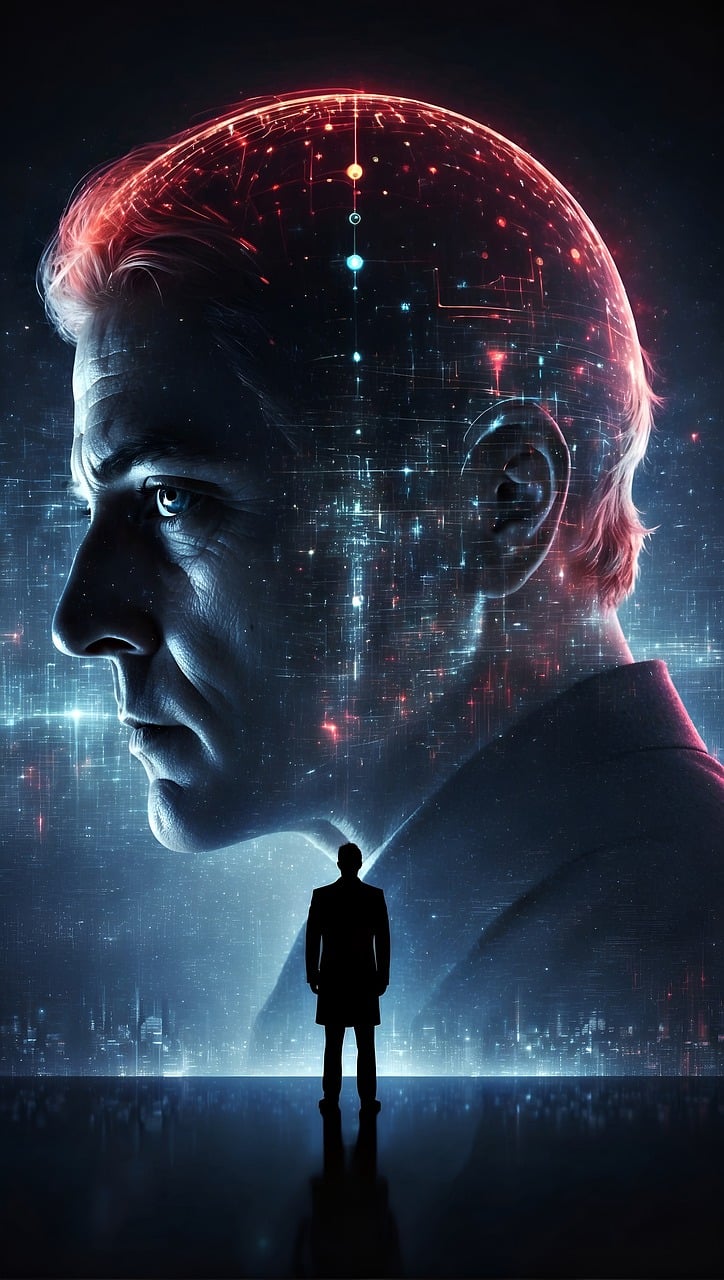
Artificial intelligence (AI) is essentially the intelligence exhibited by machines, particularly computer systems. It refers to machines that can perform tasks typically requiring human intelligence, like learning, reasoning, problem-solving, and decision-making.
There are different approaches to achieve AI, but a common thread is the ability to learn from data. AI systems are trained on vast amounts of data, allowing them to identify patterns and make predictions. This data can be anything from text and images to sound and sensor readings.
Demystifying Artificial Intelligence: From Machine Mimicry to Potential Transformation
Artificial intelligence (AI) isn't science fiction anymore. It's rapidly weaving itself into the fabric of our lives, from the way we interact with our phones to the power behind self-driving cars. But what exactly is AI?
At its core, AI is the endeavour to create intelligent machines that can mimic human cognitive abilities. We're talking about machines that can learn, reason, solve problems, and make decisions – all hallmarks of human intelligence.
The Learning Powerhouse: Machine Learning and Deep Learning
There are various approaches to achieving AI, but machine learning stands out as a foundational concept. Machine learning empowers algorithms to learn from data, without the need for explicit programming. Imagine feeding a machine massive amounts of data, like pictures of cats and dogs. Through analysis, the machine can learn to differentiate between the two, eventually excelling at image recognition tasks.
Deep learning takes machine learning a step further. Inspired by the human brain's structure and function, deep learning utilizes artificial neural networks. These complex networks are adept at handling intricate tasks like natural language processing, which allows machines to understand and respond to human language.
Artificial intelligence (AI) is rapidly transforming numerous fields beyond just technology itself. Here's a deeper dive into its influence:
Healthcare: AI is not just analyzing medical data; it's becoming a crucial partner in medical discovery and treatment. AI-powered tools are not only assisting with diagnoses through image analysis but also accelerating drug discovery by sifting through massive datasets to identify potential new medications. This can lead to faster development of life-saving treatments.
Finance: AI's impact goes beyond fraud detection and trading. It's also being used for algorithmic portfolio management, tailoring investment strategies to individual risk tolerances and financial goals. This allows for a more personalized approach to wealth management.
Customer Service: Chatbots are just the beginning. AI is being used to develop virtual assistants that can understand natural language and provide more nuanced customer support. These AI assistants can handle routine inquiries, freeing up human representatives for complex issues, and even predict customer needs before they arise.
Manufacturing: AI is optimizing production lines in several ways. Predictive maintenance allows for identifying and addressing equipment issues before they cause downtime. AI-powered robots can handle dangerous or repetitive tasks, improving worker safety and efficiency. Additionally, AI can analyze data to optimize production processes, reducing waste and lowering costs.
Transportation: Self-driving cars and drones are just the tip of the iceberg. AI is being used to improve traffic management systems, optimizing traffic flow and reducing congestion. This can lead to shorter commutes and a greener transportation landscape.
Entertainment: AI's role in entertainment is expanding beyond recommendations. AI-powered tools are being used for film and video editing, creating special effects, and even personalizing content for individual viewers. Imagine a movie that adapts to your mood or preferences!
Art and Creativity: While some view AI-generated art with skepticism, it offers new avenues for creative expression. AI can be used to create unique artistic styles, generate musical compositions based on specific genres or moods, and even collaborate with human artists on new creative projects.
The impact of AI is far-reaching and constantly evolving. It's important to remember that AI is a tool, and like any tool, its impact depends on how we use it. With careful consideration of ethical implications and responsible development, AI has the potential to revolutionize how we live, work, and interact with the world around us.


You must be logged in to post a comment.